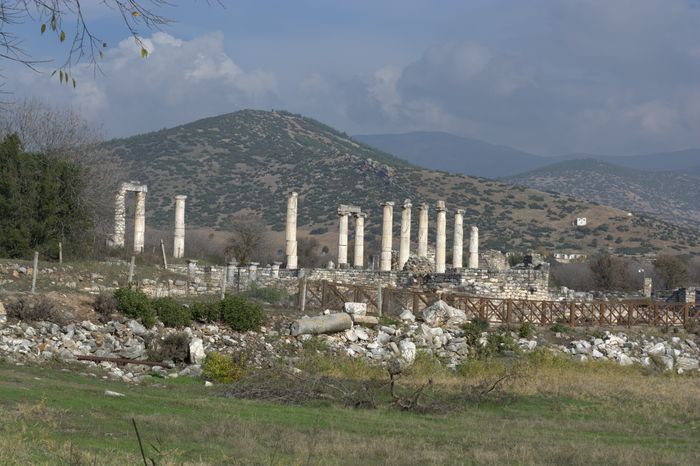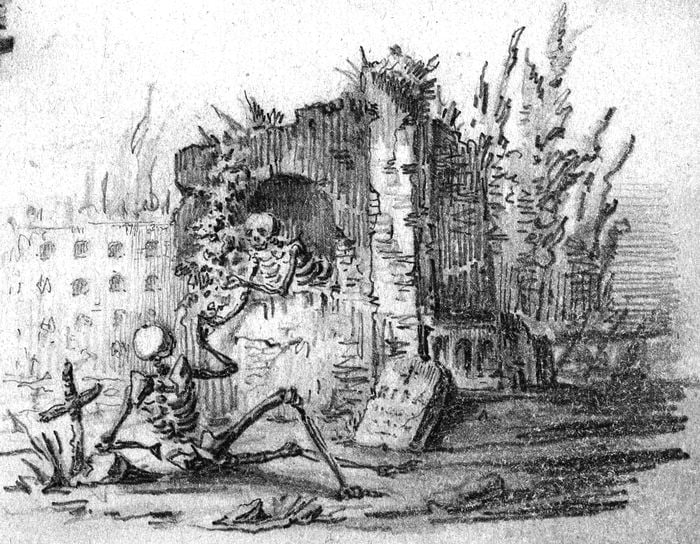Again he licensed many monopolies, as they -are called; selling the freedom of his subjects to those who were willing to undertake this reprehensible traffic, after he had exacted his price for the privilege. To those who made this arrangement with him, he gave the power to manage the business however they pleased; and he sold this privilege openly, even to all the other magistrates. And since the Emperor always got his little share of the plundering, these officials and their subordinates in charge of the work, did their robbing with small anxiety.
As if the formerly appointed magistrates were not enough for this purpose, he created two new ones; though the municipal Prefect had formerly been able to look after all criminal charges. His real reason for the change was, of course, so that he could have additional informers, and thus misuse the innocent with more celerity. Of the two new officials, one, nominally appointed to punish thieves, was called Praetor of the People; the other was charged with the punishment of cases of pederasty, illegal intercourse with women, blasphemy, and heresy; and his official name was Quaestor.
Magistrates neither produced accusers
Now the Praetor, whenever he found anything very valuable among the stolen goods that came to his notice, was supposed to give it to the Emperor and say that no owner had appeared to claim it. In this way the Emperor continually got possession of priceless goods. And the Quaestor, when he condemned persons coming before him, confiscated as much as he pleased of their properties, and the Emperor shared with him each time in the lawlessly gained riches of other people. For the subordinates of these magistrates neither produced accusers nor offered witnesses when these cases came to trial, but during all this time the accused were put to death, and their properties seized without due trial and examination.
Later, this murdering devil ordered these officials and the municipal Prefect to deal with all criminal charges on equal terms: telling them to vie with each other to see which of them could destroy the most people in the shortest time. And one of them asked him at once, they say, “If somebody is sometime denounced before all three of us, which of us shall have jurisdiction over the case?” Whereupon he replied, “Whichever of you acts faster than the rest.”
Thus shamelessly he debased the Quaestor’s office, which former emperors almost without exception had held in high regard, taking care that the men they appointed to it were experienced and wise, law-abiding, and uncorruptible by bribes; since otherwise it would be a calamity to the state, if men holding this high office were ignorant or avaricious.
Read More about The Secret History part 44








